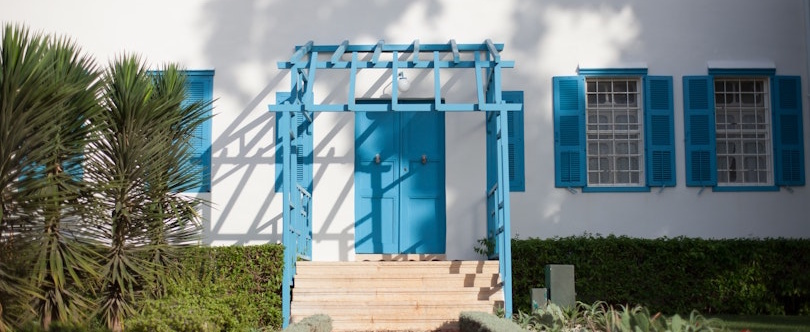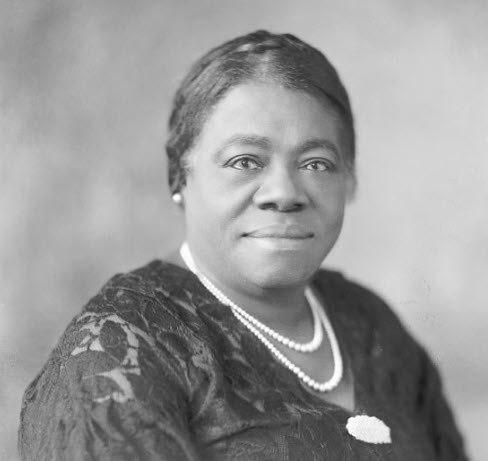The Inward Turn
Bahá'u'lláh's teachings focus, at their core, on the concept of the essential unity of humanity: that we are biologically one "species", we should expand our notions of belonging and compassion to the entirety of humanity, and that doing so is the road to peace. [1]
Another of His teachings is the concept of moderation [2]. One manifestation of that moderation is in the balancing act between "units" of humanity: individual, family, community, institutions, government. Each unit has its prerogatives [3], its spheres of action, overlapping one another, seeking to avoid infringement on the others whilst simultaneously protecting the harmony of all.





